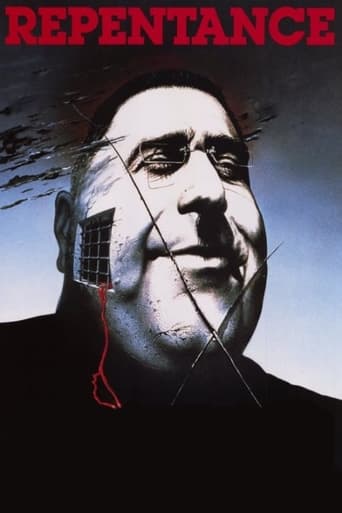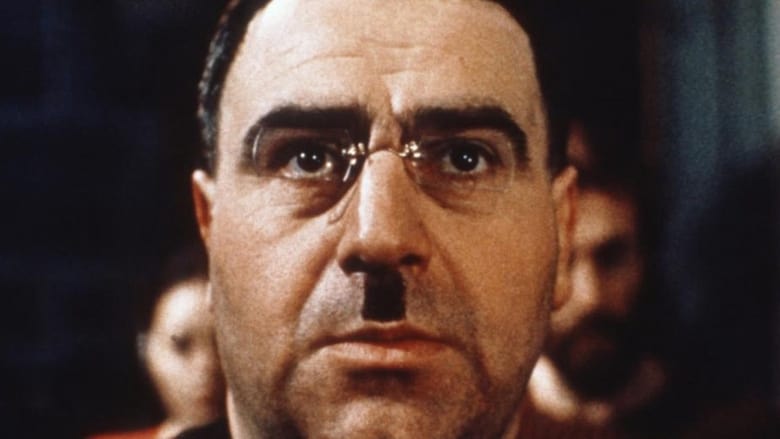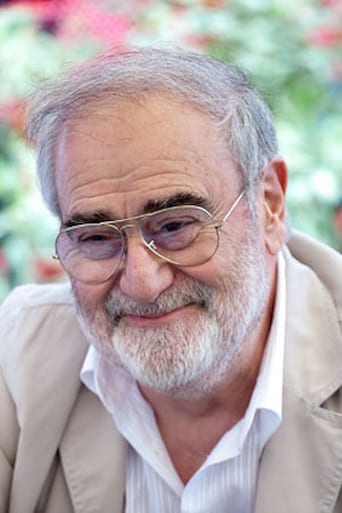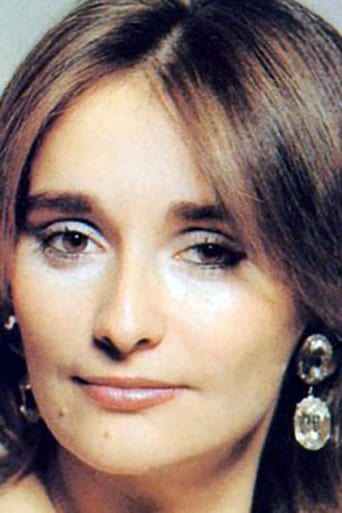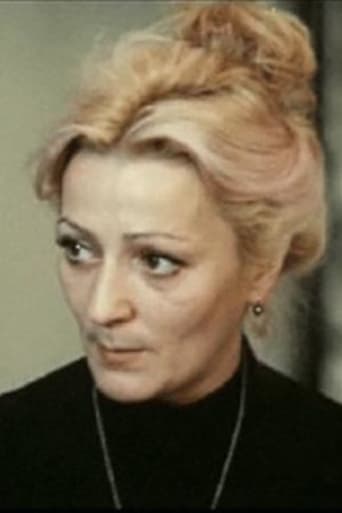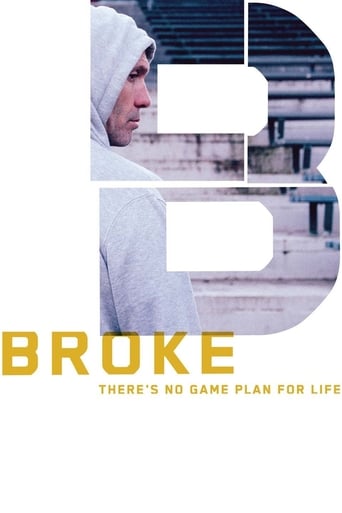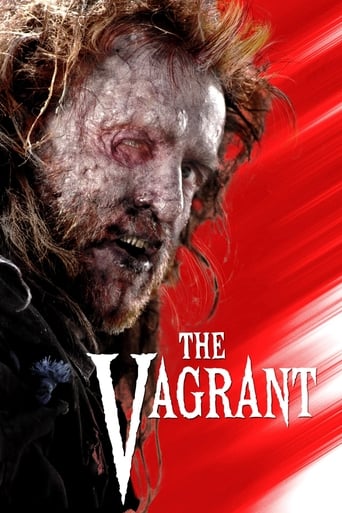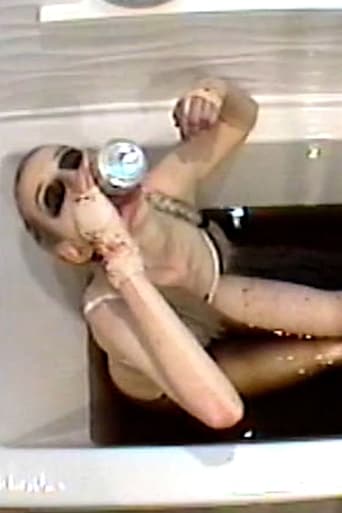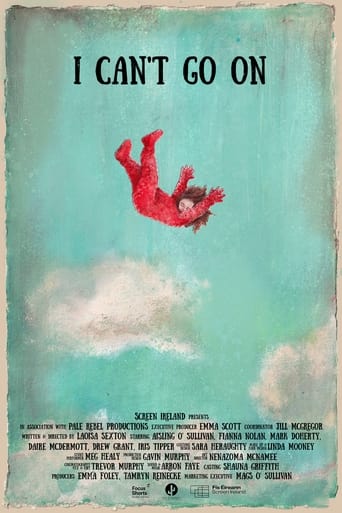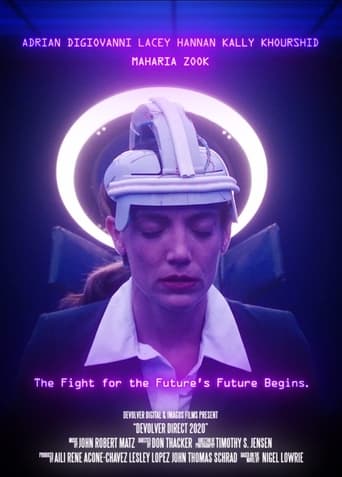Repentance (1987)
The day after his funeral, the corpse of Varlam Aravidze, the mayor of a small Georgian town, turns up in his son's garden. Although it is secretly reburied, the corpse keeps returning until the police capture the local woman who is responsible. This woman says that Varlam should never be laid to rest since his Stalin-like reign of terror led to the disappearance of her family and friends.
Watch Trailer
Free Trial Channels
Cast


Similar titles
Reviews
Really Surprised!
everything you have heard about this movie is true.
This is a must-see and one of the best documentaries - and films - of this year.
This is one of the best movies I’ve seen in a very long time. You have to go and see this on the big screen.
Repentance is a film one would expect to come out of Perestroika and Glasnost. It is a Stalinist/early Soviet metaphor that would have never been seen before this time. The story begins in present day, or in this case 1984. In a small Georgian town, the mayor, Varlam Aravidze, dies. The seemingly important citizens of the community come to pay their condolences at his funeral. However, one day after the funeral, the corpse is found at the home of the mayor's son. The corpse is reburied . . . but is removed from the crypt a second and third time. A woman is taken into custody and put on trial. She admits to having done it; much of this part of the film is full of flashbacks focusing on Varlam's terrible reign, revealing her motives for having done it. Varlam looks like a combination of dictators. There are traces of Hitler (the mustache) and Mussolini (the black shirt), but of course he can also be compared to Stalin and Beria, two of the cruelest names known in Soviet history, both who were of Georgian origin. Varlam was the Stalinist figure, and the two other generations of his family could be considered a lot of the rest of Soviet history. His grandson clearly represents the period of Glasnost and Perestroika. He has trouble accepting what his family has done, and he commits suicide because of it (I'm sure it was not meant to be this way, but it could be considered a foreshadowing of the end of the Soviet Union). The son of Varlam is sort of everything in between Stalin and Perestroika (except the anti-Stalin Krushchev years).This was a very interesting movie; it was a little too full of symbolism, but beautifully made. It was a very interesting change watching a Georgian Soviet film instead of a Russian made Soviet film.
At first sight it is movie of one actor. Axis of grotesque world, master of hideous mask, puppeteer of essence of every dictator, Avtandil Makharidze is great in this parable-satire about power and pure cruelty. At first sight it is movie of its director, result of need to confess events of dark years, to cry - king is naked ! - after a deep and large silence. At first sight it is a gray fairy -tale in which monster is killed by delivery of truth. A woman for who past is blood of present. A cake, an artist, ruins of existences, look of nephew, a trial. At first sight it is tale about Varlaam. In fact it is only a masterpiece.
It's almost impossible to appreciate the extraordinary conditions which inspired this Soviet political allegory, and which (after four years in limbo) allowed it to finally be released. But is it worth the necessary mental arithmetic required to understand it as a native Russian might? Certainly the film is a worthwhile barometer of (then) current Soviet attitudes, but most of the dramatic potential in the scenario is wasted on transparent symbolism and too many ponderous soliloquies into the nature of sin and guilt. It wants to be a satire of Josef Stalin's bloody dictatorship, but the story is little more than a simple political fantasy, set in a nameless city where the corpse of the recently deceased mayor keeps reappearing in public, prompting several flashbacks to the tyranny and oppression of his life in power. The daring comparison of Stalin to Hitler must have been heady stuff for sheltered Soviet filmgoers, just then coming to grips with glasnost, but for the rest of us the most memorable aspect of the film might be its striking poster art.
(Possible spoiler): A story about dictatorship and its socially corrosive influence, this heavily-symbolic film has as its main character a Georgian SSR Governor who is the embodiment of Stalin, Hitler and Mussolini in one man. As the film progresses, it becomes apparent that he is losing any grip on reality which he may have possessed (note, for example, his statement that four out of every three people are traitors to the revolution, or somesuch.)The movie, brought to the West by SovExportFilm and Cannon Films, is sheer brilliance. It captures the cold, gray, bureaucratic facade of tyranny.

